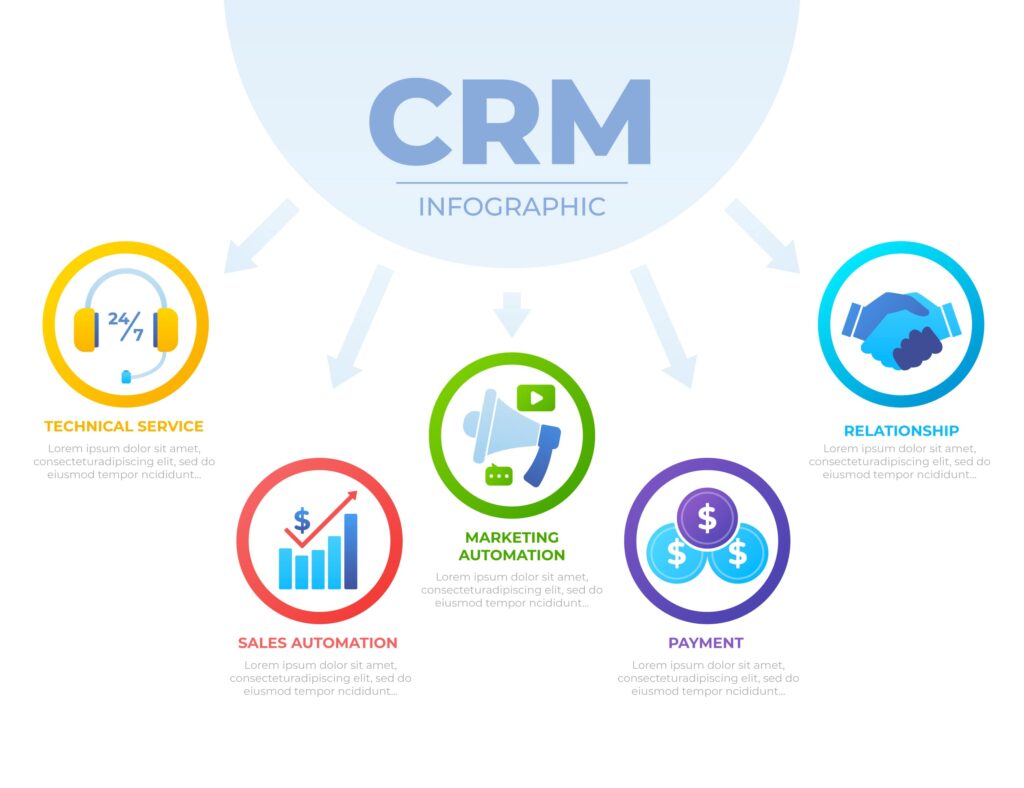Enterprise Resource Planning (ERP) is a comprehensive business management software system that helps organizations manage and automate their business processes. It plays a major role in managing a business by providing a centralized platform for businesses to manage their finances, operations, customer relationships, and human resources.
ERP systems integrate multiple business functions into a single platform to streamline processes, reduce manual work, and improve overall efficiency. They provide real-time data, analytics, and reporting capabilities to help businesses make informed decisions.
Here are some ways ERP plays a major role in managing your business:
- Improved Efficiency and Productivity ERP systems automate repetitive and time-consuming tasks, allowing employees to focus on more strategic activities. By centralizing business data and processes, ERP reduces duplicate data entry and improves accuracy, efficiency, and productivity.
- Real-Time Insights and Reporting ERP systems provide real-time insights and reporting capabilities, allowing businesses to monitor their operations and financial performance. By providing real-time data, businesses can make informed decisions quickly and take corrective actions where necessary.
- Better Inventory Management ERP systems help businesses manage their inventory levels by tracking sales, orders, and shipments in real time. By optimizing inventory levels, businesses can reduce carrying costs, improve delivery times, and avoid stockouts.
- Enhanced Customer Relationship Management ERP systems provide a centralized platform for businesses to manage customer data, interactions, and transactions. By providing a 360-degree view of customer information, businesses can personalize their interactions, improve customer satisfaction, and increase customer retention.
- Streamlined Financial Management ERP systems provide a comprehensive platform for managing financial transactions, including accounting, invoicing, and payment processing. By automating financial processes, businesses can reduce errors, improve accuracy, and ensure compliance with regulatory requirements.
- Improved Human Resource Management ERP systems provide a platform for managing employee data, including payroll, benefits, and performance management. By streamlining HR processes, businesses can reduce administrative tasks, improve employee engagement, and retain top talent.
In conclusion, ERP plays a major role in managing your business by providing a centralized platform for managing multiple business functions. ERP systems improve efficiency, provide real-time insights, streamline processes, and improve overall productivity. Implementing an ERP system can help businesses improve their operations, reduce costs, and increase profitability.





